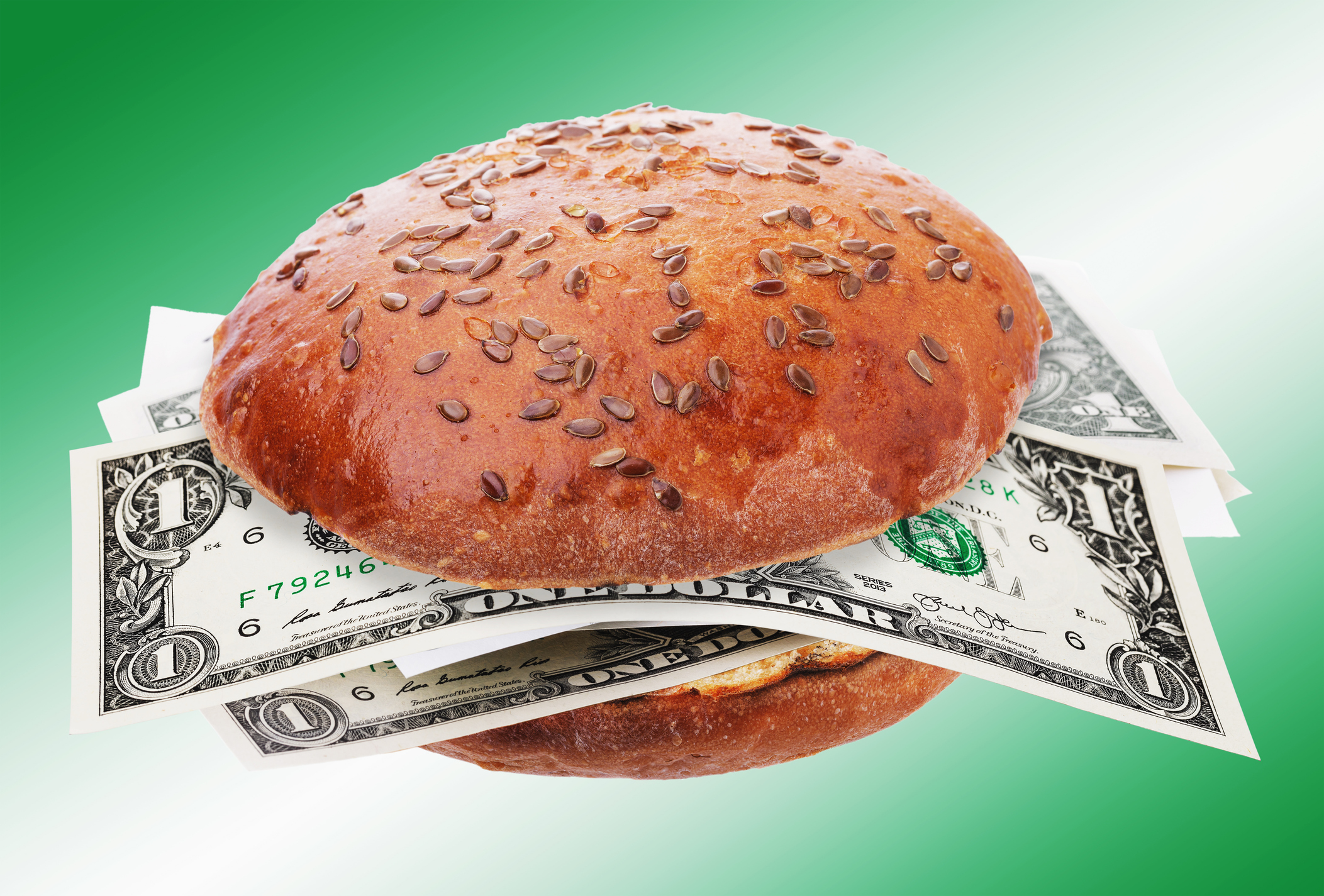
The 25% increase to California’s minimum wage for fast food workers comes as the state faces a $58 billion budget deficit. Cutting expenses and increasing tax revenue would lower that number. Notably, the new wage increase could accomplish both, as payroll taxes climb and businesses raise prices in response to higher labor costs.
State lawmakers have not yet weighed in on the new wage's potential impact on California’s budget. However, projections for previous minimum wage increases documented by California’s Legislative Analyst's Office (LAO) shed some light on what could happen.
In a fiscal outlook report, the LAO determined a “higher minimum wage will affect General Fund revenues, primarily due to its effects on the personal income tax and the sales and use tax, the two largest state revenue sources.”
Higher tax revenue for California isn’t the only potential impact of a higher minimum wage. The same LAO report also shows that increasing the minimum wage could save the state money. Since eligibility for some state-funded programs is income-based, higher wages could disqualify some fast food workers from those programs.
So, while some Californians might benefit from the minimum wage increase, data indicate there may be a bigger beneficiary of the wage hike.
Fast food workers' minimum wage increase
More than 500,000 Californians received a $4 raise on April 1 when California’s new minimum wage for fast food workers became effective. Some are celebrating the new $20 per wage, but considering companies are not likely to eat those costs, Californians can expect to pay more at the drive-through.
Fast food won’t be the only expense that will increase. That’s because while groceries are tax-exempt in California, fast food is not. And the higher the cost, the more sales taxes the state can collect.
- California’s statewide sales tax rate is 7.25%, which is higher than in most states.
- Even if fast food meal prices only jump by $1 over the next year, California will collect an additional 7.25 cents for every meal purchased.
- That might not sound like a lot of money, but billions in fast food revenue could mean millions for the state in sales tax revenue.
The higher minimum wage also means employees will pay more payroll taxes, and employees will pay more income taxes. So, the state of California can expect a significant increase in income tax revenue this year, especially if higher incomes disqualify some workers from claiming certain tax credits.
For example, the state’s earned income tax credit (CalEITC) is only offered to working families with incomes at or below $30,950, and the new minimum wage increase could push some families over that limit.
California minimum wage
The $20 per hour wage could also push several California families over the income threshold for other programs, such as CalFresh (sometimes referred to as food stamps or SNAP). That’s due to the fact that while hourly wages increased by 25%, the income limits for the state’s food assistance program did not.
- At $16 per hour, a family of four with two adults each working 130 hours a month would gross $4,160. This family would qualify for food assistance.
- At $20 per hour, that same family would gross $5,200 and no longer qualify for CaliFresh.
If fewer California families qualify for income-based programs, California can save money. Even though CalFresh benefits are paid by the federal government, California spends millions each year to implement the program. Additionally, California spends even more on other income-based programs, such as Medi-Cal, the state’s Medicaid program.
Raise for healthcare workers in California
Fast food workers were not the only Californians on track for a minimum wage increase this year. California Gov. Gavin Newsom signed a bill last year that would increase the minimum wage for healthcare workers to $25 per hour over the next few years. However, while California doesn’t pay fast-food employees wages, it does employ certain healthcare workers. So, raising the minimum wage for these workers could cost the state money and that wouldn’t be good for California’s already underfunded budget.
The first minimum wage increase for healthcare workers is scheduled for June, but Gov. Newsom has requested that state lawmakers make the raise subject to available general funds. That means healthcare workers might see a reduced wage increase or none if the governor’s request is granted.
As of now, the minimum wage for California healthcare workers is $16 per hour. That’s significantly less than the $20 per hour fast food workers make. So, is the newest wage increase really all about lifting Californians out of poverty? You be the judge.







